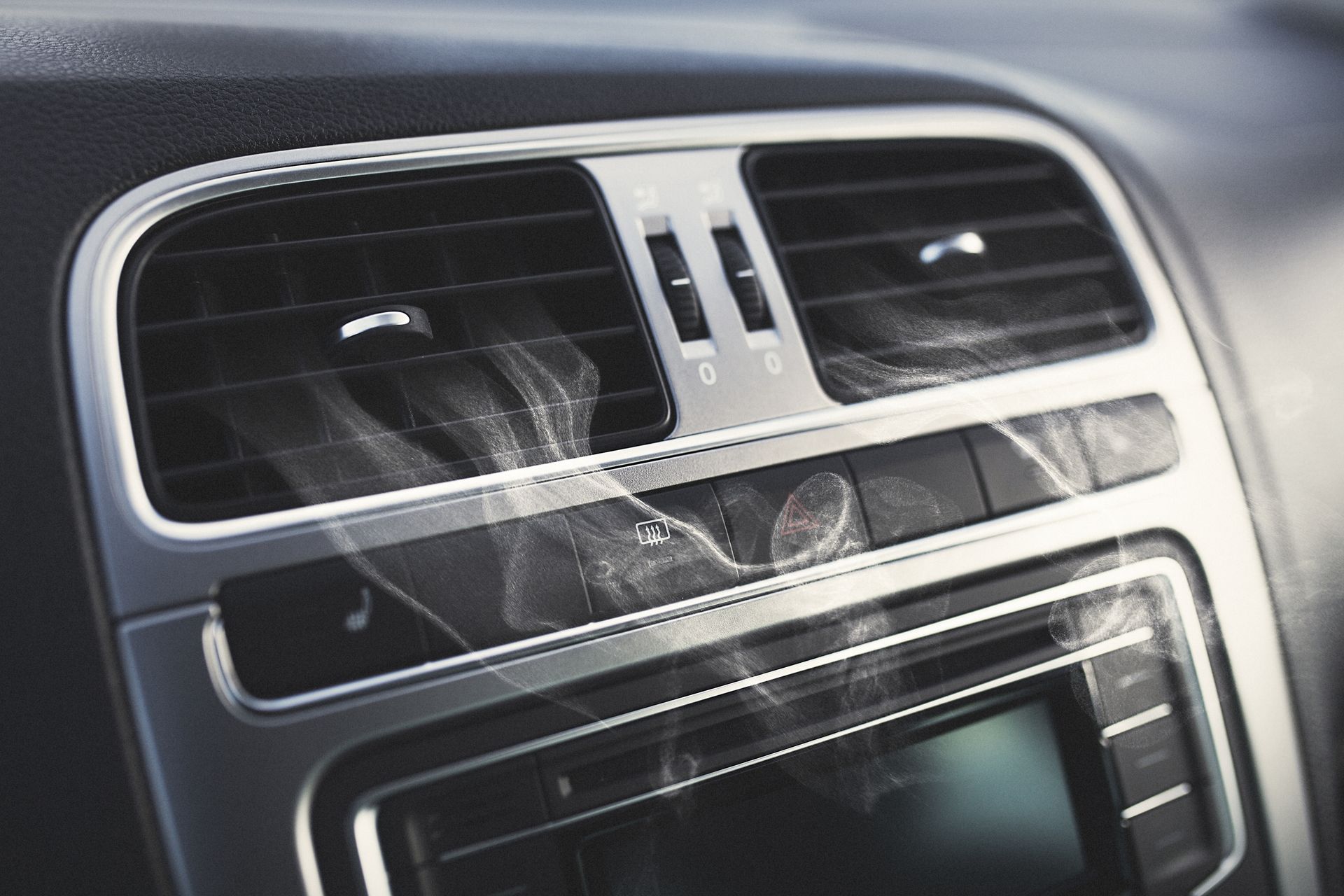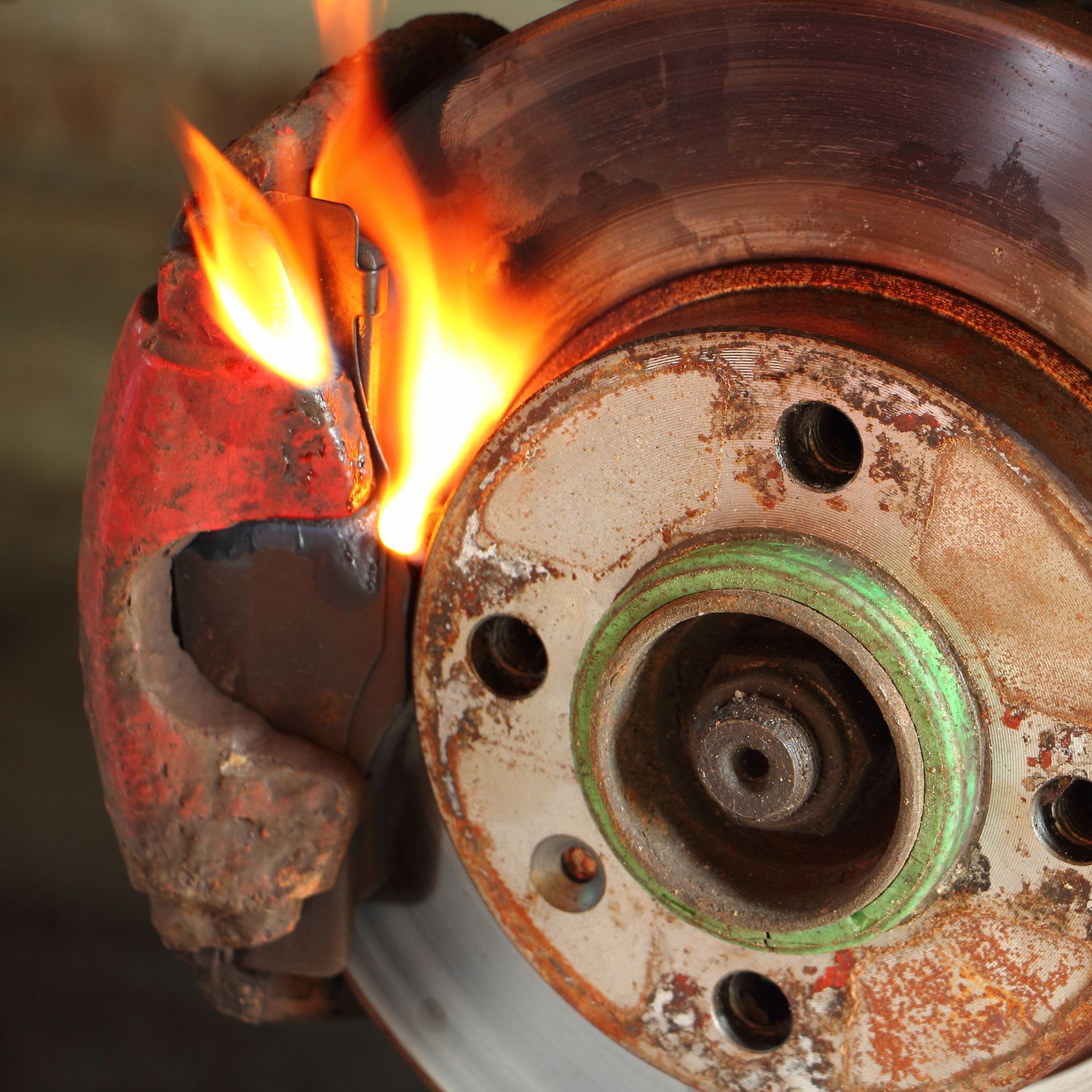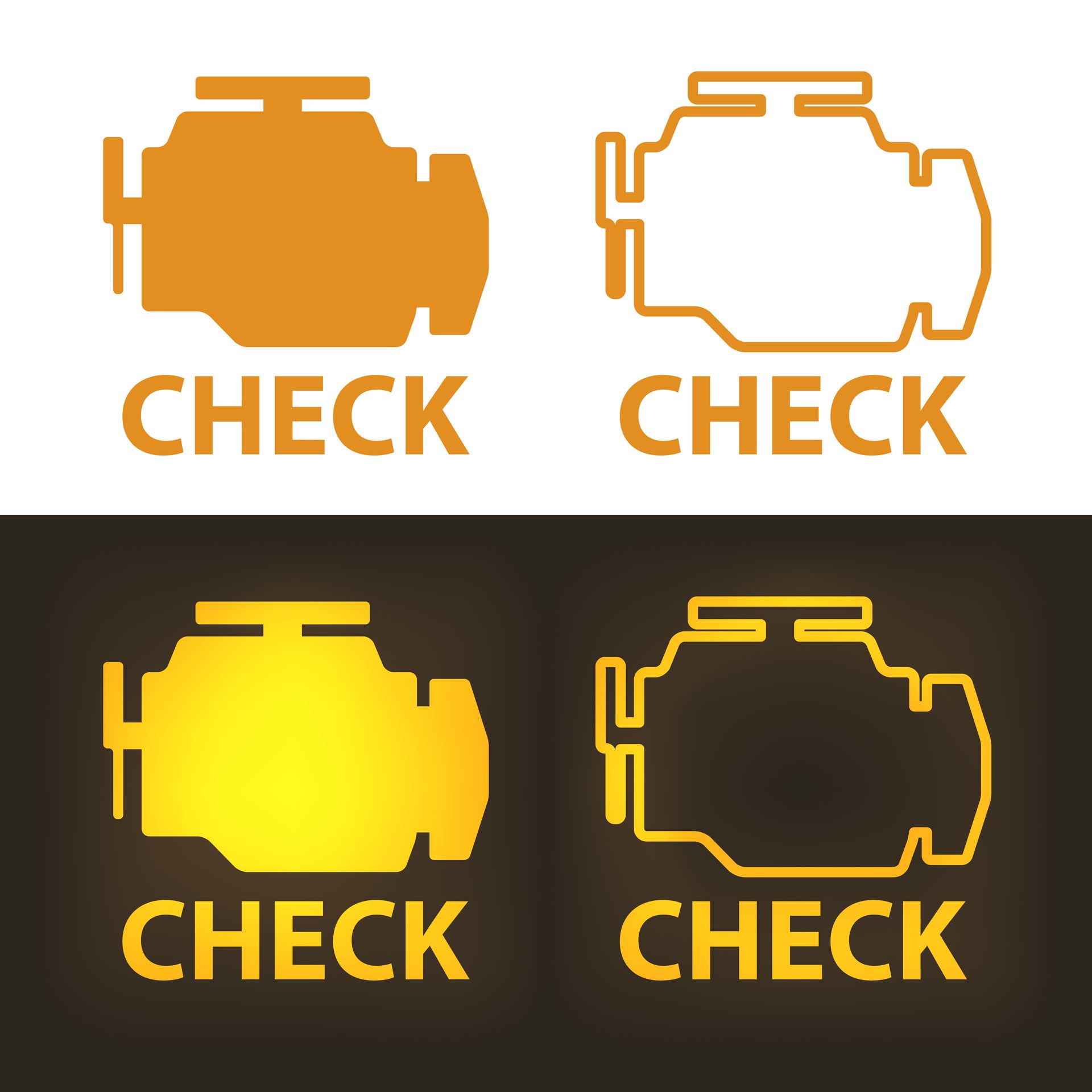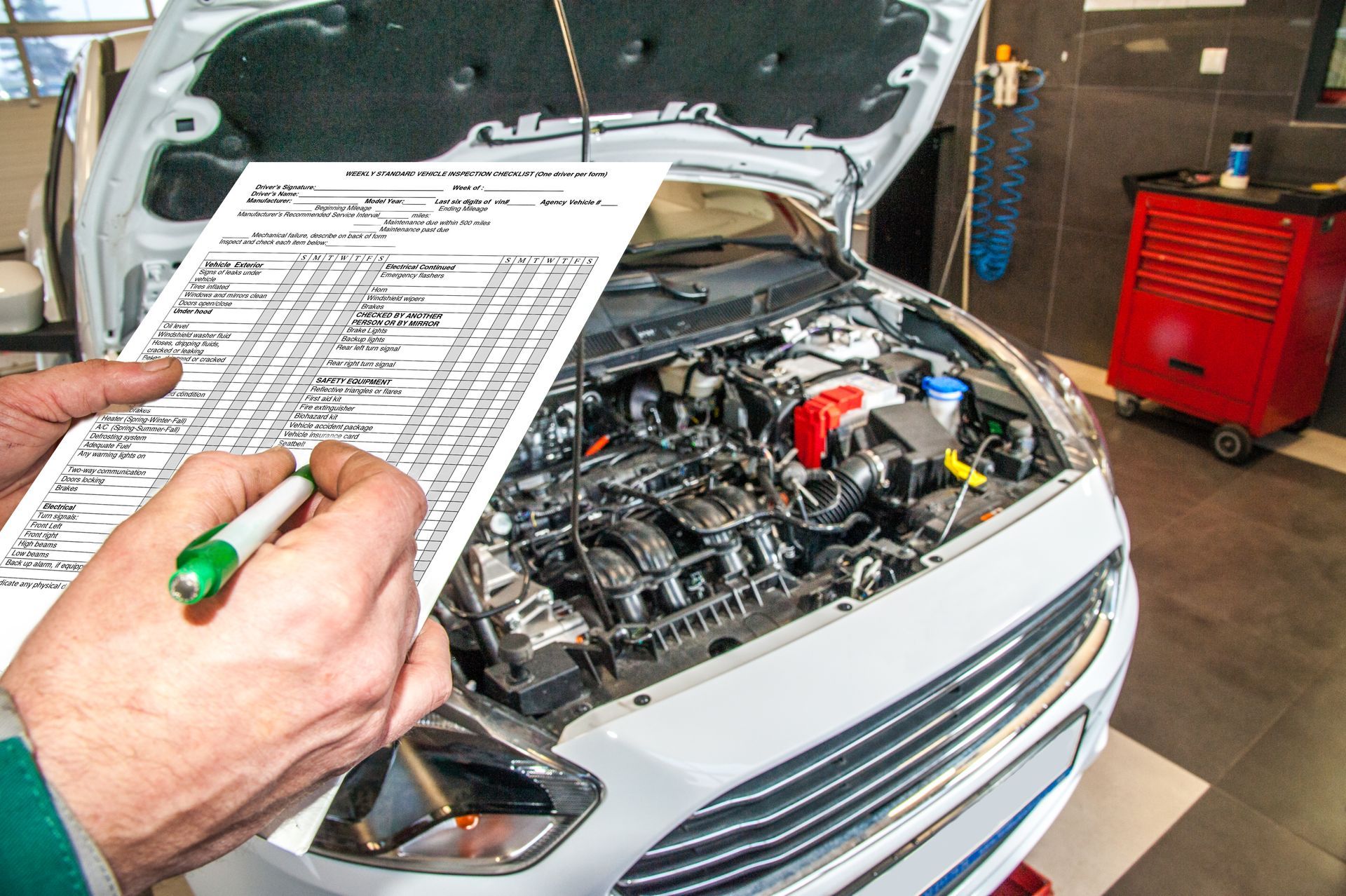A failing oxygen sensor might not seem like a big deal at first, but it can significantly impact your car’s performance, fuel efficiency, and emissions. This small but essential component is crucial in maintaining your engine's air-to-fuel ratio. When it malfunctions, you could end up with poor gas mileage, engine issues, and even failed emissions tests. So, how do you know if your oxygen sensor is bad? Let’s go over the most common symptoms and why it’s important to address them quickly.
Check Engine Light Is On
An illuminated check engine light is one of the most common warning signs of a failing oxygen sensor. Your vehicle’s onboard computer continuously monitors the oxygen sensor’s readings. If the sensor isn’t providing accurate data, the computer triggers the check engine light. While the light can come on for a variety of reasons, a faulty oxygen sensor is a frequent culprit. A diagnostic scan at a trusted repair shop can determine if this is the issue.
Decreased Fuel Efficiency
Have you noticed that you’re filling up your gas tank more often than usual? A malfunctioning oxygen sensor can cause your engine to burn more fuel than necessary. Since the sensor maintains the optimal air-to-fuel ratio, incorrect readings can lead to an excessively rich mixture. This means more fuel is injected into the engine than needed, leading to unnecessary fuel consumption and increased costs at the pump.
Rough Idling and Engine Misfires
A properly functioning oxygen sensor helps keep your engine running efficiently. When it starts failing, you may experience rough idling, hesitation when accelerating, or even engine misfires. These issues occur because the incorrect air-to-fuel mixture affects combustion, making your engine struggle to run as smoothly as it should. If left unchecked, this can cause additional wear and tear on your engine components.
Failed Emissions Test
If your car has recently failed an emissions test, a faulty oxygen sensor might be to blame. The sensor helps regulate the amount of unburned fuel in the exhaust, ensuring your car meets emissions standards. When it fails, your vehicle may release higher levels of pollutants, making it more likely to fail state-mandated emissions testing. In some cases, replacing a bad oxygen sensor is enough to pass the test on a retest.
Sulfur or Rotten Egg Smell from the Exhaust
A failing oxygen sensor can affect how your catalytic converter functions. When the sensor sends incorrect data to the engine control module, it can cause the engine to run rich, meaning there’s too much fuel in the combustion process. This excess fuel doesn’t burn completely and can lead to a buildup of sulfur deposits in the catalytic converter, resulting in a strong rotten egg smell from the exhaust. If you notice this odor, it’s a good idea to have your vehicle inspected as soon as possible.
Increased Exhaust Emissions and Black Smoke
A malfunctioning oxygen sensor can cause an imbalance in the air-to-fuel ratio, which will eventually lead to excessive fuel consumption and increased emissions. If you see black or thicker-than-usual smoke coming from your tailpipe, this means the engine is burning more fuel than necessary. Addressing this problem early can help prevent further damage to your catalytic converter and other emission control components.
How Long Does an Oxygen Sensor Last
Most oxygen sensors last between 60,000 and 90,000 miles, but their lifespan depends on driving conditions and maintenance habits. If your car is experiencing any of the above symptoms and has high mileage, it may be time to replace the sensor. Ignoring a failing oxygen sensor can lead to more significant engine problems and increased repair costs over time.
When to Get Your Oxygen Sensor Checked
If you suspect that your oxygen sensor is failing, it’s best to have it checked as soon as possible. If you ignore the signs you might face, it will cause more serious engine performance issues and increased fuel consumption. Whether you're dealing with poor mileage, engine hesitation, or a failed emissions test, getting a professional inspection can save you time and money. If you’re in Los Angeles, CA, or the surrounding areas, our trusted repair shop can diagnose the issue and recommend the necessary repairs to keep your car running efficiently.
Is your check engine light on, or have you noticed worsening gas mileage? A faulty oxygen sensor could be the cause. Bring your car to
One Stop Auto Care in Los Angeles, CA, and let our experts diagnose and fix the issue before it leads to bigger problems.










